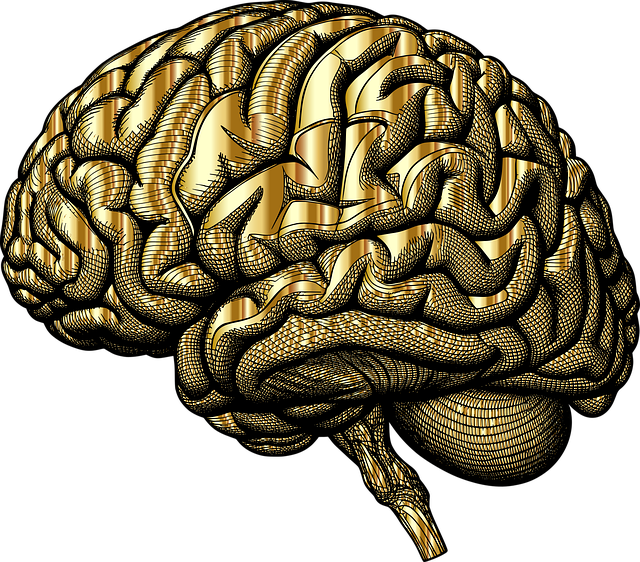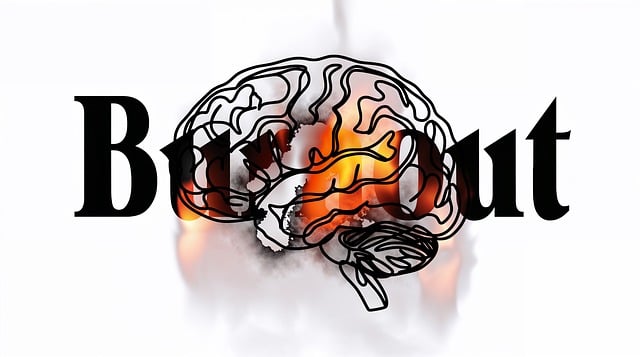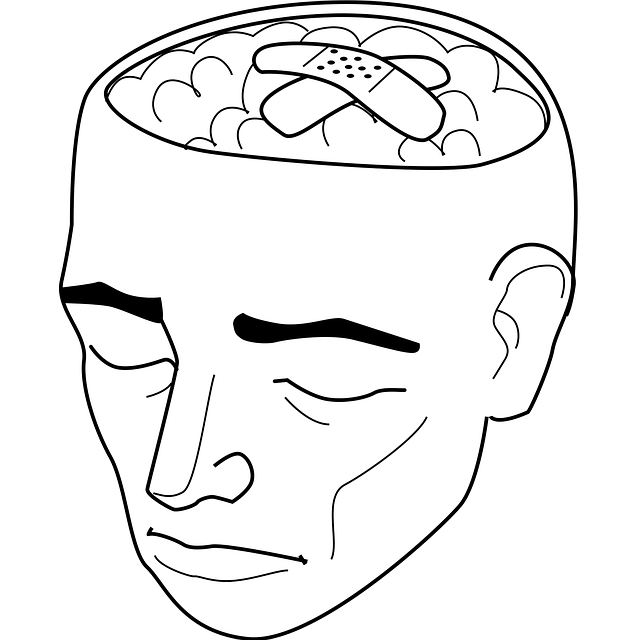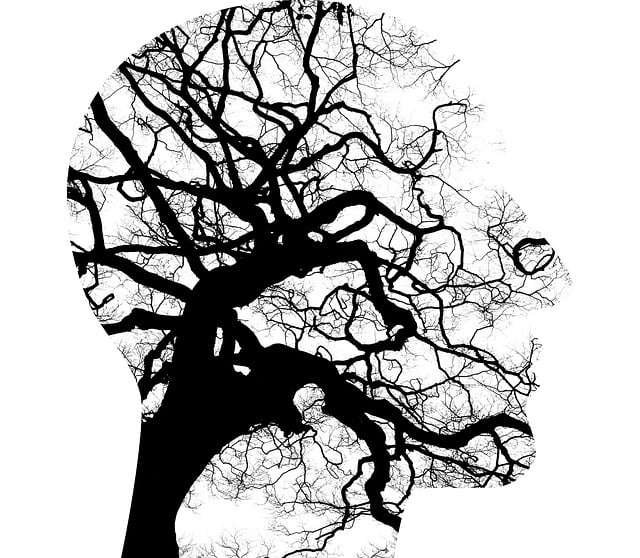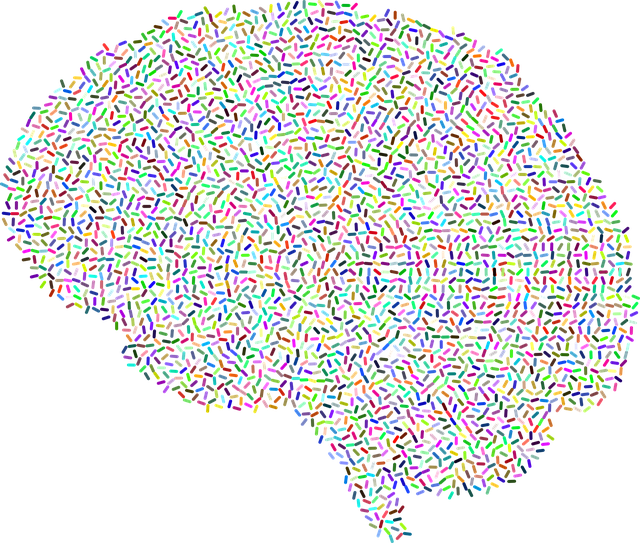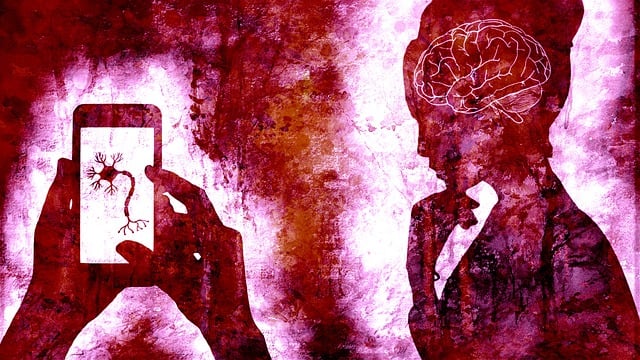Stress among young adults from blended families is addressed through specialized therapy focusing on compassion, mindfulness, and cognitive behavioral techniques. These practices, including CBT, promote positive thinking, improve communication, and reduce stress, enhancing mental health and well-being. Lifestyle changes like balanced diets and exercise, along with alternative therapies like meditation and acupuncture, offer comprehensive solutions for stress management tailored to individual needs of young adults in blended family settings.
Stress reduction is a vital topic for young adults navigating blended families, as their unique dynamic can contribute to heightened levels of anxiety. This article explores effective methods to combat stress among this demographic. We delve into understanding the specific challenges faced by young adults in blended families and present powerful tools like Cognitive Behavioral Therapy (CBT). Additionally, discover lifestyle changes and alternative relaxation therapies tailored for this population, offering comprehensive strategies for managing stress.
- Understanding Stress in Young Adults from Blended Families
- Cognitive Behavioral Therapy: A Powerful Tool for Stress Reduction
- Lifestyle Changes and Alternative Therapies for Relaxation
Understanding Stress in Young Adults from Blended Families

Stress is a prevalent issue among young adults, especially those from blended families, where two parents with distinct upbringings and cultural backgrounds raise their children together. This unique family dynamic can present various challenges that contribute to increased stress levels. Understanding and managing stress in this demographic is crucial for fostering overall well-being.
Blended families often face complex situations, including step-parenting issues, adjustment problems, and the need for reconciliation between different parenting styles and expectations. These factors can significantly impact a young adult’s mental health. Therapy specifically tailored to young adults from blended families offers valuable tools to navigate these complexities. Techniques such as compassion cultivation practices and mindfulness meditation have proven effective in promoting positive thinking and stress reduction. By encouraging open communication, understanding, and acceptance, therapy enables individuals to develop healthier coping mechanisms, enhancing their ability to manage stress effectively.
Cognitive Behavioral Therapy: A Powerful Tool for Stress Reduction

Cognitive Behavioral Therapy (CBT) is a highly effective therapy for young adults navigating complex emotions and stress in their daily lives. This approach focuses on identifying and changing negative thought patterns, which can significantly impact overall well-being. By understanding how thoughts, feelings, and behaviors are interconnected, CBT empowers individuals to challenge and reframe unhelpful beliefs, leading to improved emotional healing processes.
In the context of blended families, where step-parents, biological parents, and children may struggle with adjusting to new dynamics, CBT can be a valuable tool for stress reduction. This therapy helps family members recognize and modify destructive communication patterns, fostering healthier interactions. Additionally, it aids in building resilience against burnout prevention strategies for healthcare providers who often face high-stress situations, promoting mental health awareness within these families.
Lifestyle Changes and Alternative Therapies for Relaxation

For young adults and blended families navigating stress, lifestyle changes and alternative therapies offer valuable tools for relaxation and well-being. Adopting a balanced diet rich in fruits, vegetables, whole grains, and lean proteins can significantly impact mental clarity and energy levels. Regular physical activity, such as yoga, walking, or team sports, releases endorphins that combat stress hormones, fostering a sense of calm and improving sleep quality.
Incorporating mindfulness practices like meditation or deep breathing exercises into daily routines enhances emotional healing processes and promotes positive thinking. Additionally, alternative therapies like acupuncture, aromatherapy, or art therapy provide unique avenues for stress management, catering to individual preferences and needs. These holistic approaches complement traditional methods, offering a comprehensive strategy to combat stress and cultivate resilience in both young adults and blended families.
In understanding and reducing stress among young adults from blended families, a multifaceted approach combining cognitive behavioral therapy (CBT) and lifestyle changes offers significant benefits. CBT equips individuals with effective coping strategies to manage stress, while alternative relaxation therapies complement these efforts. By integrating these methods, young adults can navigate the unique challenges of their family dynamics and foster better mental well-being. For those seeking tailored support, specialized therapy for young adults in blended families becomes a powerful tool to enhance resilience and overall life satisfaction.
